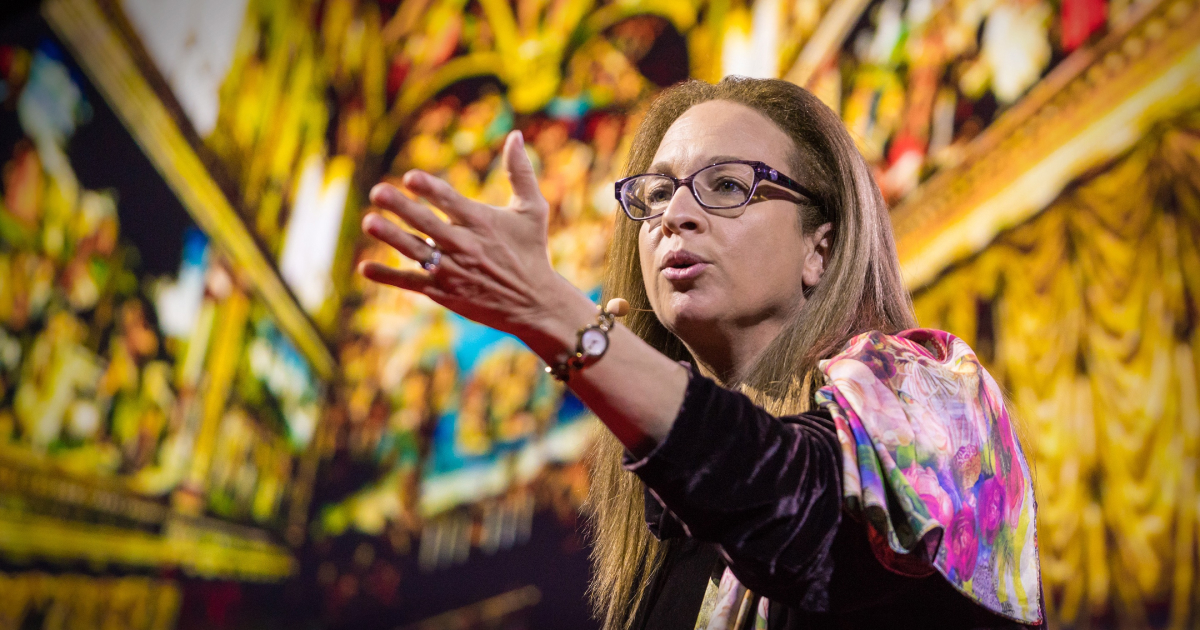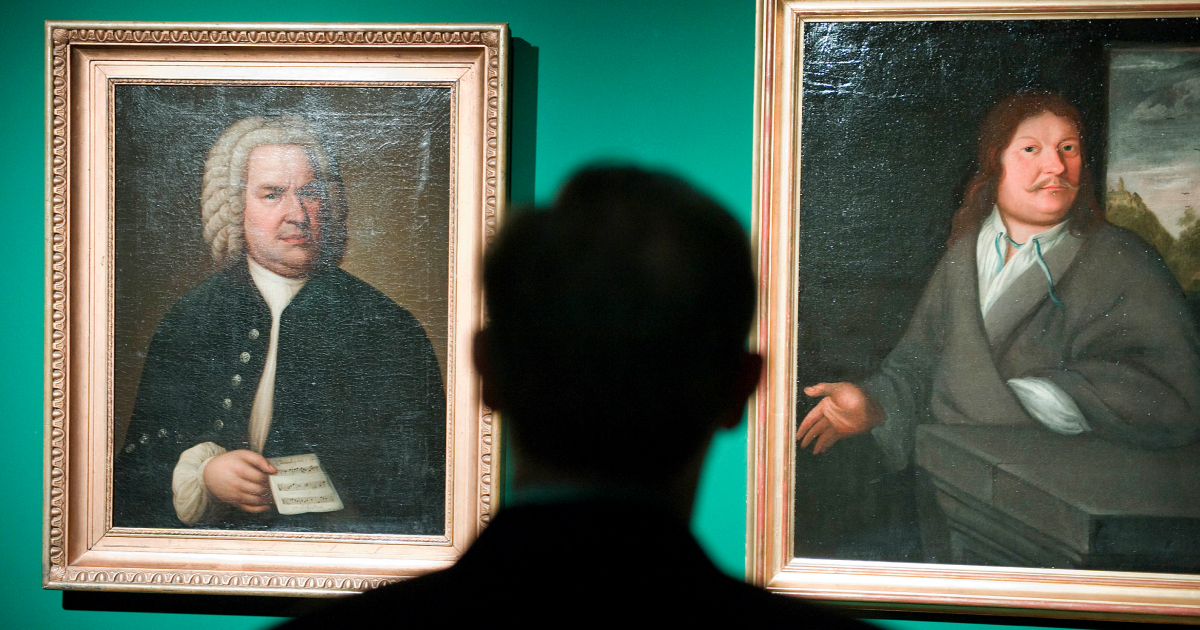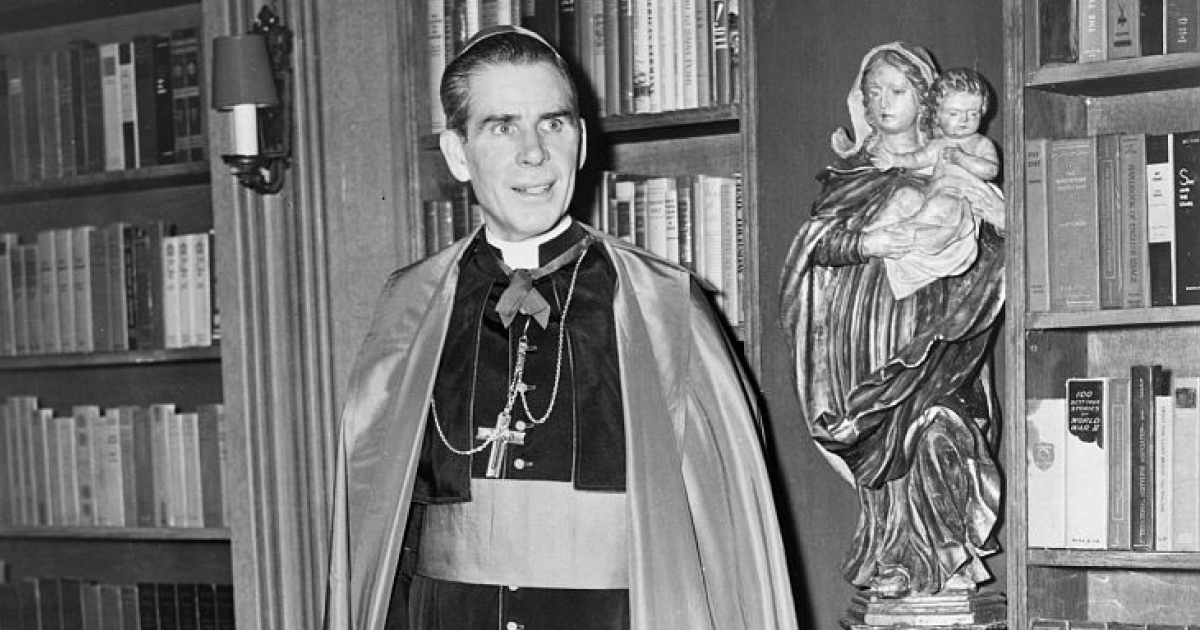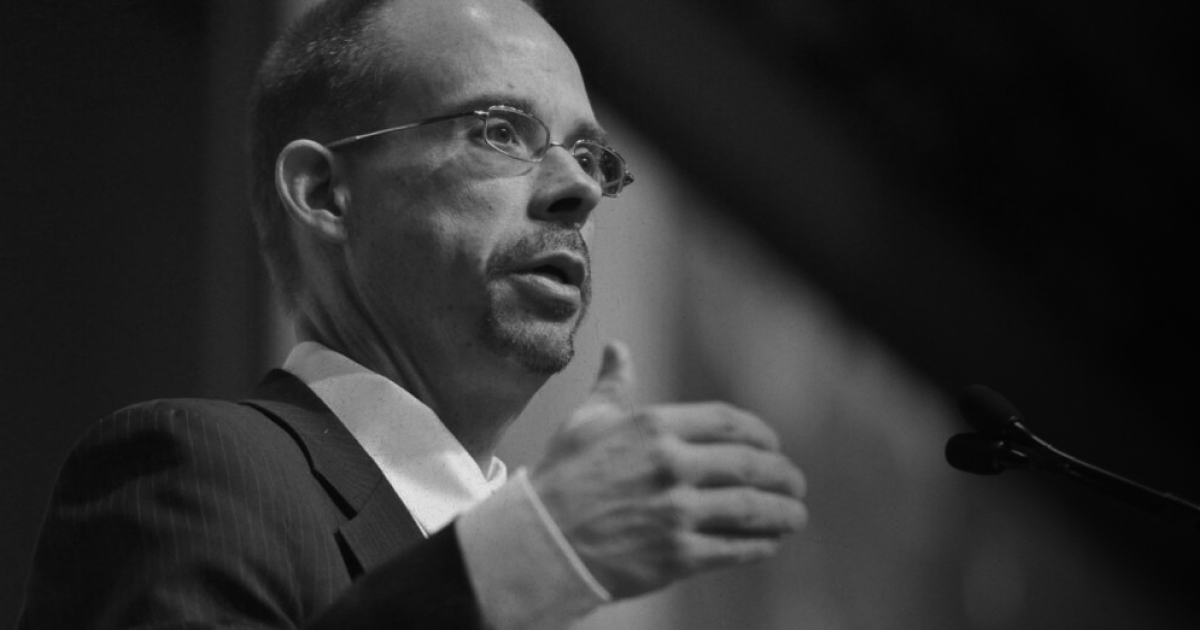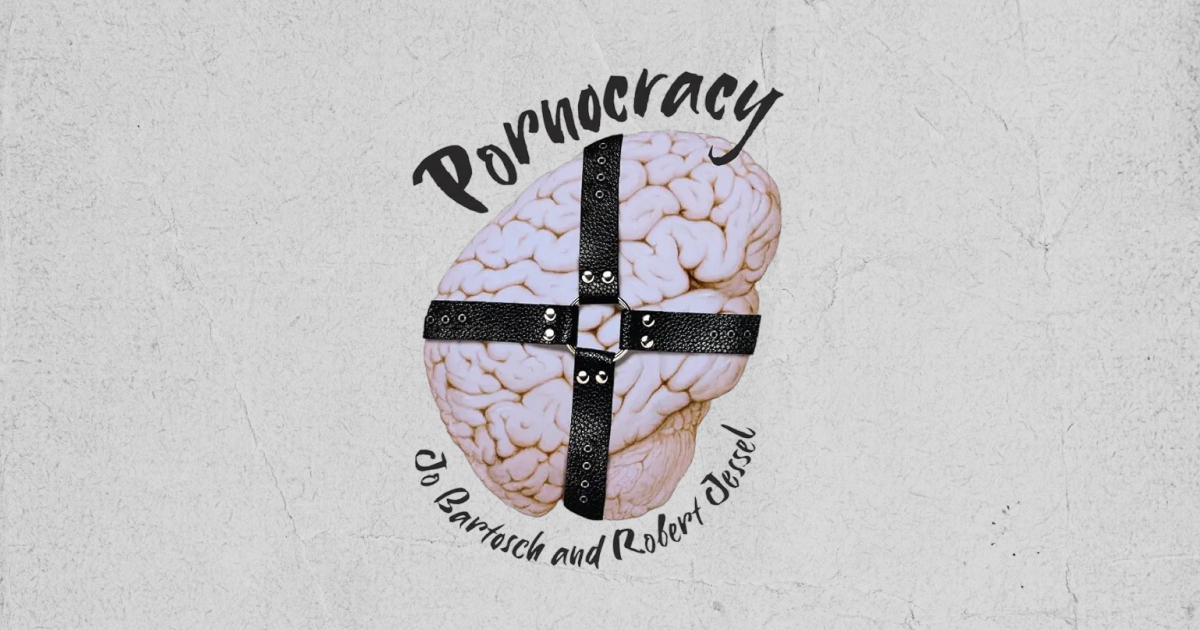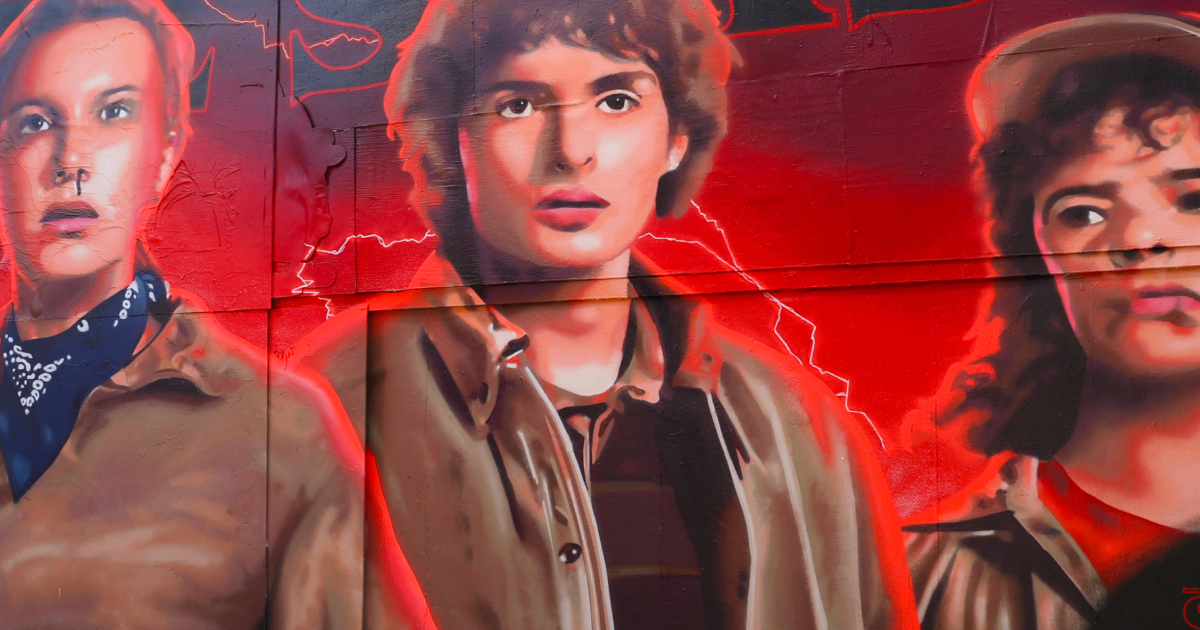The last few decades have been terrible for Christians in the Levant and the wider Middle East. The Iraq War and the rise of Islamic State and other jihadist groups, as well as the Syrian civil war, have led to a huge exodus from the region. A report commissioned by Jeremy Hunt, the then Foreign Secretary, in 2019 described the situation as near a "genocide".
Since then, and especially this year, the position of Christians has deteriorated further, with state-sponsored persecution even occurring in countries with large Christian minorities. We have seen even more signs of the persecution of Christians, and in May the Egyptian state turned its gaze on one of the most famous Christian sites in Egypt: St Catherine's Monastery, at the foot of Mount Sinai.
An Egyptian court declared the monastery to be state property, sparking concerns of closure. St Catherine's, one of the oldest continually functioning monasteries in the world, was built on the orders of the East Roman/Byzantine Emperor Justinian the Great between 548 and 565, and has operated as a religious community ever since.
The court ruling has provoked real concern that the monastery will be forcibly turned into a museum, with the 20 monks evicted and the ownership of the monastery's land transferred to the Egyptian state. This flew in the face of a meeting a few weeks earlier, where Abdel Fattah el-Sisi, Egypt's president, publicly reassured the Greek government that the monastery would continue as before.
Mount Sinai holds enormous theological significance for Christians. It is believed to be where God spoke to Moses through the burning bush in Exodus 3, tasking him with leading His chosen people out of Egypt, and where he received the Ten Commandments.
The monastery, designated a World Heritage Site in 2002, is itself of huge cultural value, and St Catherine's Basilica, with its intricate mosaics, is considered to be a treasure trove of Byzantine-era religious art, including the earliest known depiction of Christ Pantocrator.
Since the initial court ruling, there seems to have been a partial row-back, but the text of the ruling is complex and many legal experts are still fully deciphering it. However, there seems to be no commitment to maintaining the monastery as a working religious site.
This isn't the first time that the monastery has been in danger. It was targeted most recently in 2017, when Islamic State attacked a nearby checkpoint, killing a policeman and wounding three others. Nor is this the only time in recent years when Christians in Egypt have been persecuted. Egyptian Christians—Copts—suffer extreme discrimination, even though they make up almost 10 per cent of the population. This is especially true in poorer, rural areas.
Open Doors' World Watch List ranks Egypt as number 40 in its list of countries where Christians face the most extreme persecution. In 2013, at least 45 Christians were killed during widespread attacks on churches, and in 2017 more than 130 Christian pilgrims were killed and many more injured in a spate of targeted attacks on churches and buses. There is rarely a year that goes by where Christians are not murdered in Egypt for their beliefs.
What makes the attempted grab of St Catherine's so concerning is that it seems to be ordered and ordained by the state itself—flying in the face of President el-Sisi's public comments and previous support for Christians. In 2015 he famously became the first Egyptian president in the country's history to attend Christmas Mass; he gave a speech at the Coptic Orthodox Christmas service in Cairo, calling for unity and wishing Christians a merry Christmas.
This is not the first incident in recent years where one of Justinian's great buildings has been turned further away from its original usage; in 2020 the Turkish authorities turned Hagia Sophia in Istanbul from a museum back into a functioning mosque, covering up many of the beautiful Christian mosaics that adorn its walls.
All this is feeding into the wider and deliberate erosion of Christianity in the Middle East. It is no longer enough for some of the extremists to persecute, kill and force Christians to flee, but it is becoming more and more about erasing the memory of Christianity in the region. This is epitomised in bastions of Christianity like Bethlehem, where there has been a significant decrease in the number of Christians—from about 90 per cent of the population post-1945 to just 10 per cent today.
Fewer native Christians in the holiest sites means fewer people willing to maintain, restore and promote them. Just like in Afghanistan, where the Taliban made it their duty to erase the memory of Buddhism in the country, so too across the Middle East there seems to be a conscious choice to try and destroy the memory of any pre-Islamic religion. This was an avowed policy of Islamic State with its genocidal approach to the Yazidis, but this view is no longer just held on the extremes.
The fact that an Egyptian court would even contemplate taking over a working monastery is deeply worrying. Any notion that they are protecting the site by turning it into a museum is a sleight of hand to try and fossilise Christianity. It is likely that they are testing the West's reaction to this move; if we do not answer in a robust way, they will know that our resolve is weak, leading to the risk of greater persecution of Christians in the region.
If we allow native Christianity and heritage to die out in the Middle East, allowing our holy sites to be only visited by tourists, we are damaging the very roots of our faith. We are making it "alien" and "other" to those people that originally heard Christ's message. This is exactly what some of these regimes want. They want to infantilise Christianity to undermine its tenets, divorce Christianity from its roots, and make it strange and seem foreign. They know that without the wellspring of native worshippers, they can cast Christianity as something eccentric and bizarre. The world has a moral imperative to stop this.
Regardless of what happens to St Catherine's this time, the West, and the wider world, needs to be alert to the ongoing assault on Christianity in the Middle East. The drive to turn Christianity into a museum, a mere curiosity for bored tourists wanting to take a break from the beach, must be stopped. We need to stand up for our Christian culture, and protect Christians living and worshipping in the very lands in which Jesus and His Apostles walked and preached. We cannot allow our history to be rewritten and diminished.
The Middle East and the Holy Land are precious and the bedrock of the faith of billions of people across the globe. If we do nothing, and allow Christians to be erased from these lands, then we too will be complicit in the persecution and will have only ourselves to blame if it goes extinct.








